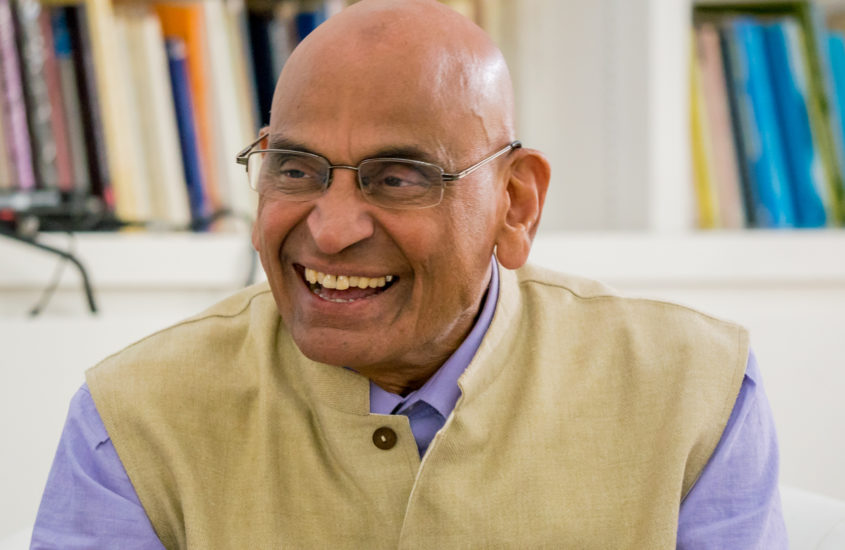The Urgency of Change Dialogue Group, July 18, 2021
The Urgency of Change Dialogue Meeting
July 18, 2021
Zoom Online
Seven of us were present for this Sunday gathering, the relatively small turnout probably owing to the attraction of various summer activities. One of our group members had suggested at the previous meeting that we discuss the important topic of “authority” as presented by Krishnamurti in his teachings, and we decided to take a little detour into The Book of Life: Daily Meditations with Krishnamurti, with particular focus on the January 7 – 22 selections. These passages were considered to explore the subject of authority more fully than the chapters in our regular chosen text, The Urgency of Change. In The Book of Life, K talks about not only the authority we invest in others as a result of our desire to be told what to do, to have a sense of security and certainty in our lives, but he also addresses the authority we assign to ourselves as someone who “knows”. This kind of knowing, which involves the past through memory, can never adequately meet the movement of life as it unfolds moment to moment. There is knowledge, which supports the egoic self with its collections of concepts and ideas largely based on conditioning, and then there is a very different kind of knowing or wisdom which comes from clear perception or insight in the present moment and guides our lives in a way that is freshly unfolding as we live with a choiceless awareness of ourselves and the movement of our thoughts and feelings. This quality of attention may be what it is to be fully alive.
The session was opened with a guided meditation exploring some of the aspects of true “learning” as Krishnamurti spoke of it. We then stayed with the topic of learning and the differences between thought and pure seeing. The group inquiry touched on a number of subtle points concerning the refinement with which we can observe our tendencies to create and defend our sense of self. There can be an alert awareness of how we ascribe authority both outwardly and inwardly in our daily functioning. Ultimately, as K points out, there must be an emptying of the contents of our consciousness in order to respond fully to the movement of life. We discussed how this emptiness is not an ideal to be achieved. It is, rather, the dissolving effect of attentive looking and listening as they are lived moment to moment. The group sharing and exploration was rich and seemingly valuable to the participants.







